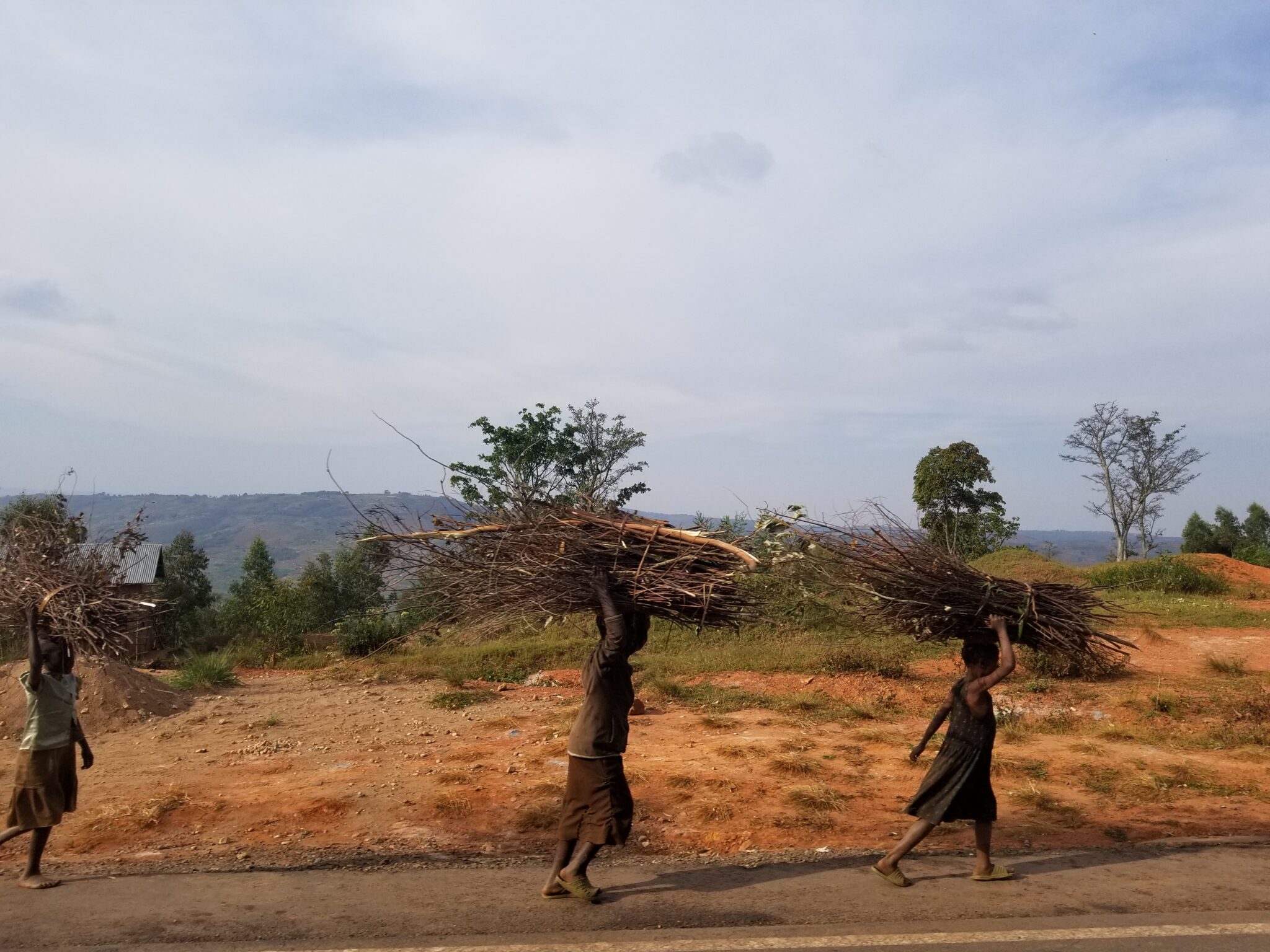
We know air pollution is bad for our health, yet there is limited scientific evidence on solutions and interventions that could reduce exposure and improve health, especially in low-and-middle income countries where around three billion people burn wood, animal dung, and other fuels for cooking and heating, often indoors.
The Household Air Pollution Intervention Network (HAPIN) trial, a major international, multicenter air pollution intervention project co-led by Jennifer Peel, an environmental epidemiologist and professor in the Department of Environmental and Radiological Health Sciences, is working to change that.
The project began in 2016 with a five-year, $30 million cooperative grant from the National Institutes of Health (NIH) and the Bill and Melinda Gates Foundation to provide cleaner burning liquified petroleum gas stoves to approximately 800 pregnant women in remote and rural areas of Guatemala, India, Peru, and Rwanda and investigate whether consistent use during pregnancy and infancy led to reduced air pollution exposure and health benefits. Peel and her team received additional funding from NIH to continue the work by following up with the children born during the study until 2026.
“The use of fires for cooking and heating exposes people to incredibly high levels of exposure to air pollution,” said Peel. “Issues such as low birth weight and pre-term birth have long-term and immediate consequences and there is plenty of evidence about the adverse impacts of air pollution during pregnancy, among other adverse health effects.”

Peel’s many collaborators on the project include Maggie Clark, an environmental epidemiologist and associate professor in the Department of Environmental and Radiological Health Sciences, several CSU students, co-principle investigators from Emory University and Johns Hopkins University, and other institutions around the world. The team recently published key findings from the initial five-year trial in three articles in The New England Journal of Medicine on the effects of the intervention on birth weight, stunting in infants at the age of one, and pneumonia during the first year of life.
“We were very successful in getting the study’s participants to consistently use the intervention stove throughout the trial,” said Peel. “And we saw dramatic and sustained reductions in air pollution exposure to the point where we were able to get more than 70 percent of the pregnant women in the intervention group below the World Health Organizations’ interim air pollution guidelines—that was a huge achievement that nobody had ever done before in a trial like this.”
Yet on health outcomes related to birth weight, stunting through age one, and pneumonia, the team did not see much evidence of expected health benefits of the intervention, which left them with interesting new questions.
One of their findings suggested that the women who received the intervention stove earlier in pregnancy had greater rates of the health benefit of higher birth weight.
“We are now thinking that maybe we did not intervene early enough in pregnancy, and in fact, maybe we need to intervene before pregnancy to really set someone up to have a healthier pregnancy,” said Peel. “We know that higher levels of air pollution are bad for many health outcomes, but we did not see the expected health benefit when we reduced the exposure. So that could be related to timing, or perhaps that we did not reduce the expose enough, or perhaps the benefits will not show up until later in life.”
Peel and her team are following up with the same cohort of children until 2026 to investigate different health outcomes, including cognitive function and growth trajectories.
“For these types of interventions to make a difference, they have to be sustainable on a large scale,” said Peel. “It is going to take a huge global commitment to address this problem.”